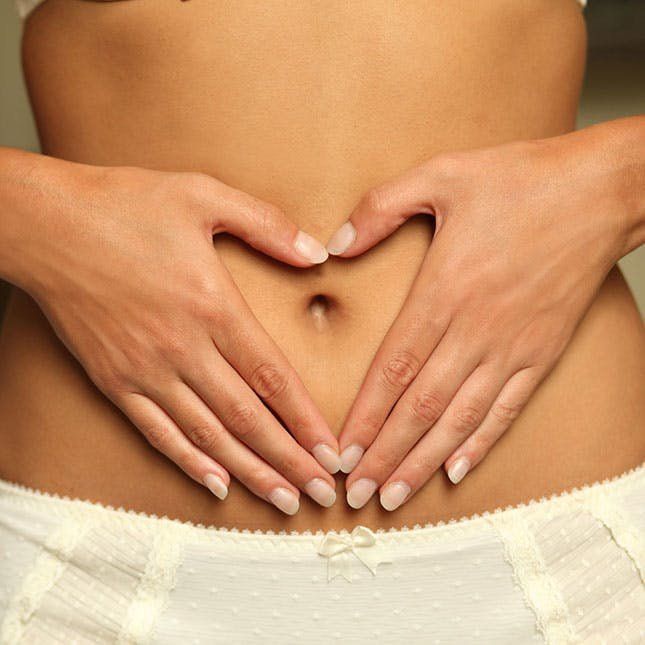
Menopause and the Microbiome: The Gut–Hormone Link
During menopause, hormone levels—especially estrogen and progesterone—fluctuate and eventually decline. What many don’t realize is that the gut microbiome plays a powerful role in how these hormones are processed and balanced, directly influencing the severity of symptoms.
Hormones, Estrogen, and the Gut
Estrogen supports mood, sleep, metabolism, bone strength, and vaginal health. As levels drop, symptoms like hot flashes, brain fog, anxiety, and weight gain often appear. The way your gut processes and recycles estrogen can make these symptoms either more manageable or more intense.
A specific group of gut bacteria, called the estrobolome, is central to this process. When the microbiome is healthy, the estrobolome helps regulate estrogen. But when it’s imbalanced (a condition known as dysbiosis), estrogen metabolism is disrupted, which can worsen menopausal symptoms and increase long-term risks like bone loss or heart disease.
The gut doesn’t just affect estrogen—it also produces and regulates other hormones. About 90% of serotonin, which influences mood, sleep, and pain sensitivity, is made in the gut. If gut health is off, emotional symptoms like irritability, anxiety, or depression can feel even more intense.
Supporting Gut Health in Midlife
Looking after your microbiome can make a real difference. Four key areas to focus on include:
- Nutrition: A fiber-rich, diverse diet feeds beneficial bacteria and supports hormone detox.
- Exercise: Supports digestion, metabolism, and reduces inflammation.
- Stress management: Chronic stress raises cortisol, which harms the gut lining and disrupts hormone balance.
- Sleep: Deep, consistent sleep strengthens gut-brain communication and hormone regulation.
Environmental toxins like BPA in plastics or mold can also disrupt hormone signaling, putting additional strain on the body. For women dealing with digestive issues such as bloating, constipation, or SIBO, gut-healing strategies like targeted diets or probiotics may help reduce both gut discomfort and menopause-related symptoms.
The Bottom Line
Your gut health doesn’t just impact digestion—it actively shapes your menopausal experience. By supporting your microbiome, you can ease symptoms today and help maintain hormonal balance well into the future.